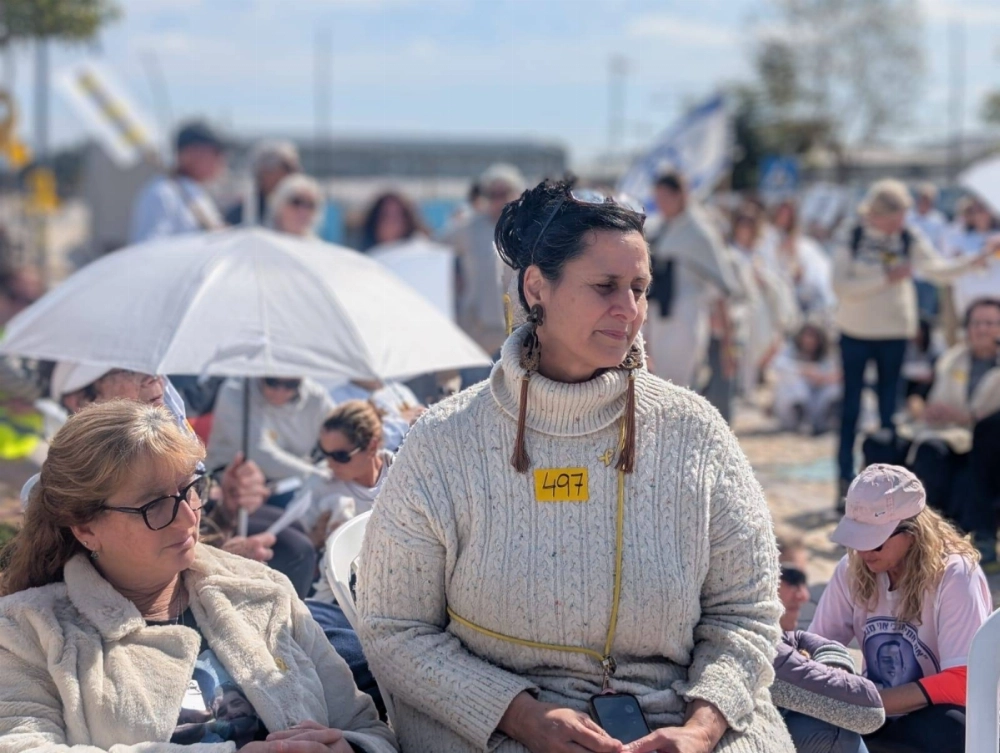Nearly 500 days after the Oct. 7, 2023, attack that shattered their world, cultural diplomat turned activist Efrat Machikawa’s family gathered for a long-awaited moment. Her uncle, 80-year-old Gadi Moses, was finally returning home.
Moses was among 25 Israeli hostages released alive since a truce pact between Israel and Hamas came into effect on Jan. 19. Of the at least 252 hostages taken during the 2023 assault, 63 remain in the Gaza Strip as of Monday, around half of whom the Israeli government believes to be dead.
"My heart was beating out of my chest and, before I knew it, I was running to him — like a little girl racing into the arms of her strong, wonderful uncle. It was a fleeting moment of innocence, a love beyond words.


















With your current subscription plan you can comment on stories. However, before writing your first comment, please create a display name in the Profile section of your subscriber account page.